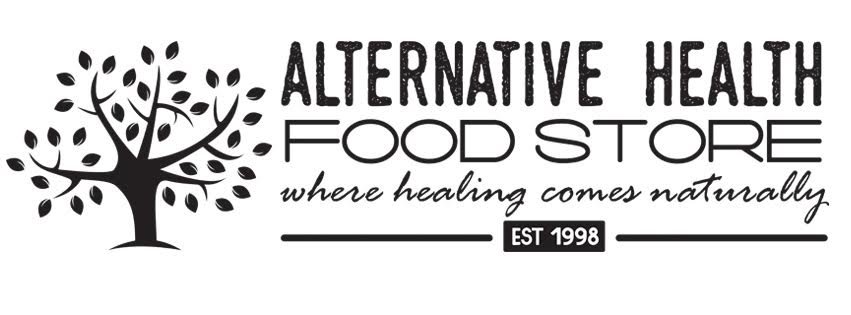Benefits of B-12
B-12 is one of the eight B vitamins and is known as the energy vitamin. It is a water-soluble vitamin that plays an essential role in red blood cell formation, cell metabolism, nerve function and the production of DNA.
There are two forms of B-12: Cyanocobalmin and Methylcobalamin. Cyanocobalmin is the synthetic version of B-12 and does not occur naturally in any living organism. Methylcobalamin is the active bio-available form of B-12, as well as being the active co-enzyme form. Methylcobalamin is the more ideal form.
Rougly 40 percent of people are deficient in B-12. In order to get B-12 through the diet, you must consume animal protein. Therefore, vegans and vegetarians must supplement with B-12. Interestingly, B-12 is the sole vitamin that is absent from plant-derived food sources.
While all B vitamins are known for their role in energy production, B-12 has been touted as the “energy vitamin” due to its role in various biochemical reactions throughout the body. One of the most common early signs of B-12 deficiency is fatigue or lack of energy, which may be due to its contribution in red blood cell formation (which carry oxygen throughout the body) and the prevention of anemia.
Depression has been linked to diminished B-12 status and high homocysteine levels. A study found that those with B-12 deficiency were associated with twice the risk of severe depression. B-12 is also required to make GABA and serotonin, both of which can result in anti-anxiety and calming effects on the body. Folate and B-12 are also both involved in the metabolism of SAM-e, which is crucial for neurological function and mood support.
Due to the role that B-12 plays in cell production, having enough B-12 is required to promote the growth and production of healthy hair, skin, and nails. Low B-12 levels have been found to contribute to various skin issues such as hyperpigmentation, as well as inflamed and cracked mouth corners and nail discoloration.
B-12 is a major co-factor in forming myelin. Myelin is the protective coating around nerve cells, which is mostly made of fat and cholesterol. Myelin helps to produce myelin sheath, which protects the spinal, cranial and peripheral nerves and a lack of this protective coating can damage your nerves, resulting in neurological problems.
B-12 plays a role in the production of white blood cells, which are essential for proper immune system functioning. A lack of B-12 can lower your overall immunity and your body’s ability to fight off foreign invaders and pathogens. B-12 has been shown to increase the production of natural killer cells as well as T-lymphocytes, both of which are needed for proper immune health.
B-12 and folate are important for homocysteine metabolism, an amino acid found in the blood. Elevated homocysteine levels are a risk factor for cardiovascular disease. Research has shown that supplementing with B-12 lowers homocysteine levels.
Having adequate levels of B-12 is necessary for maintaining a healthy pregnancy. Studies have found that the development of the fetus’s brain and nervous system requires B-12 levels from the mother to develop properly. Having a B-12 deficiency in early stages of pregnancy may increase the risk of birth defects. The status of B-12 with the mother can also contribute to premature birth or increased risk for miscarriage.
Source: VitaminRetailer.com

